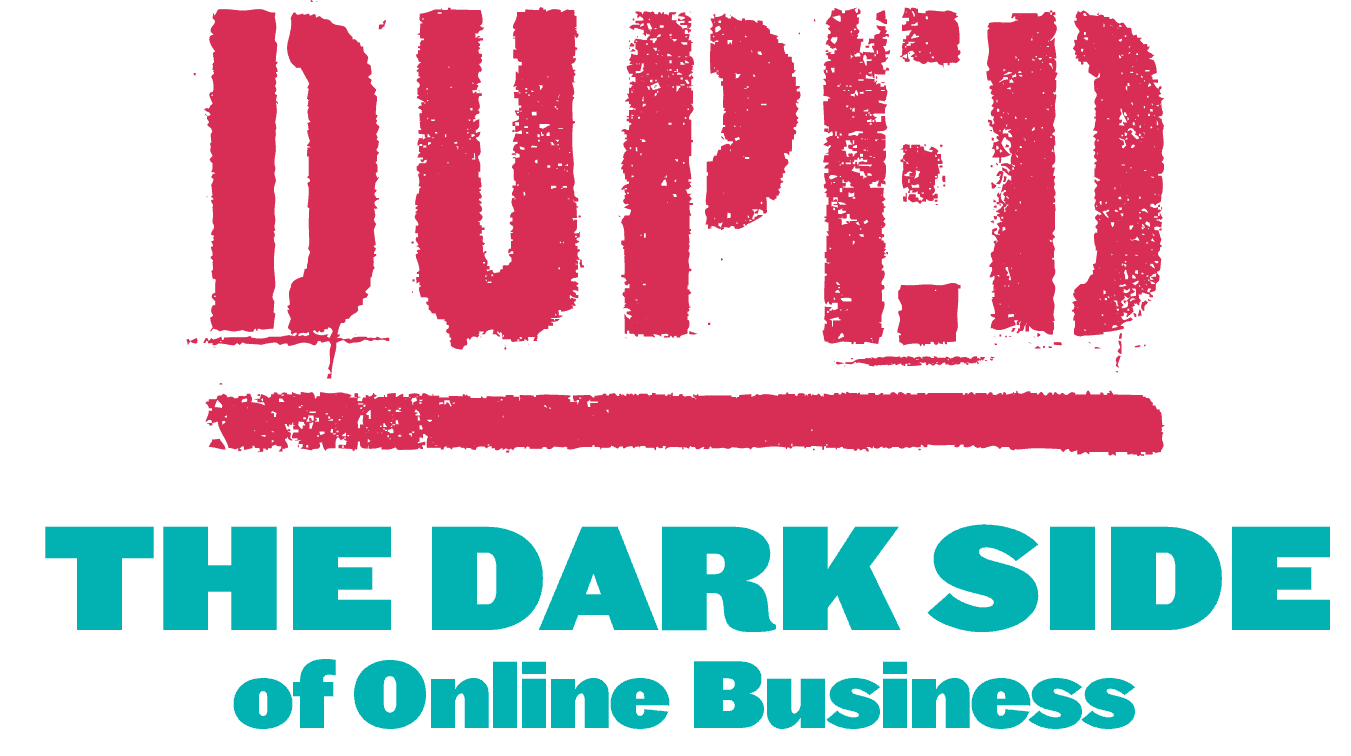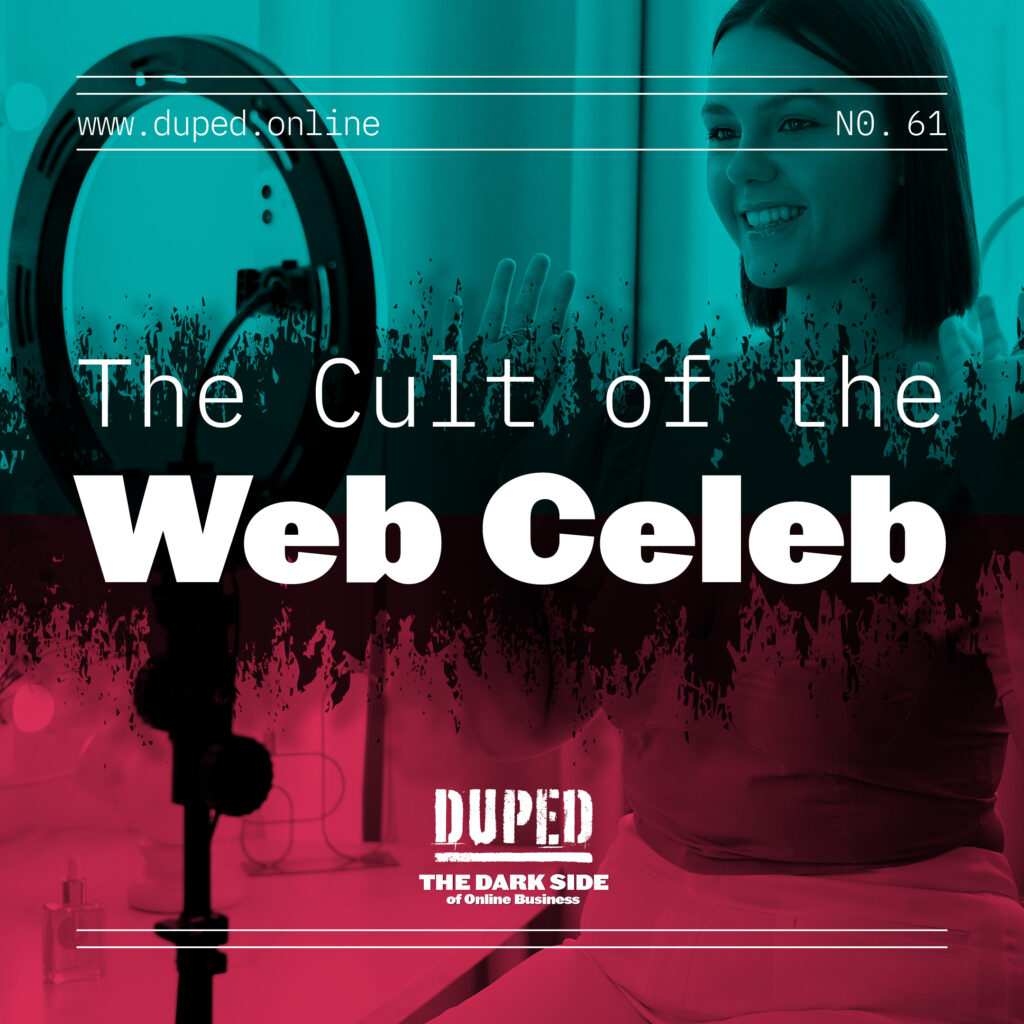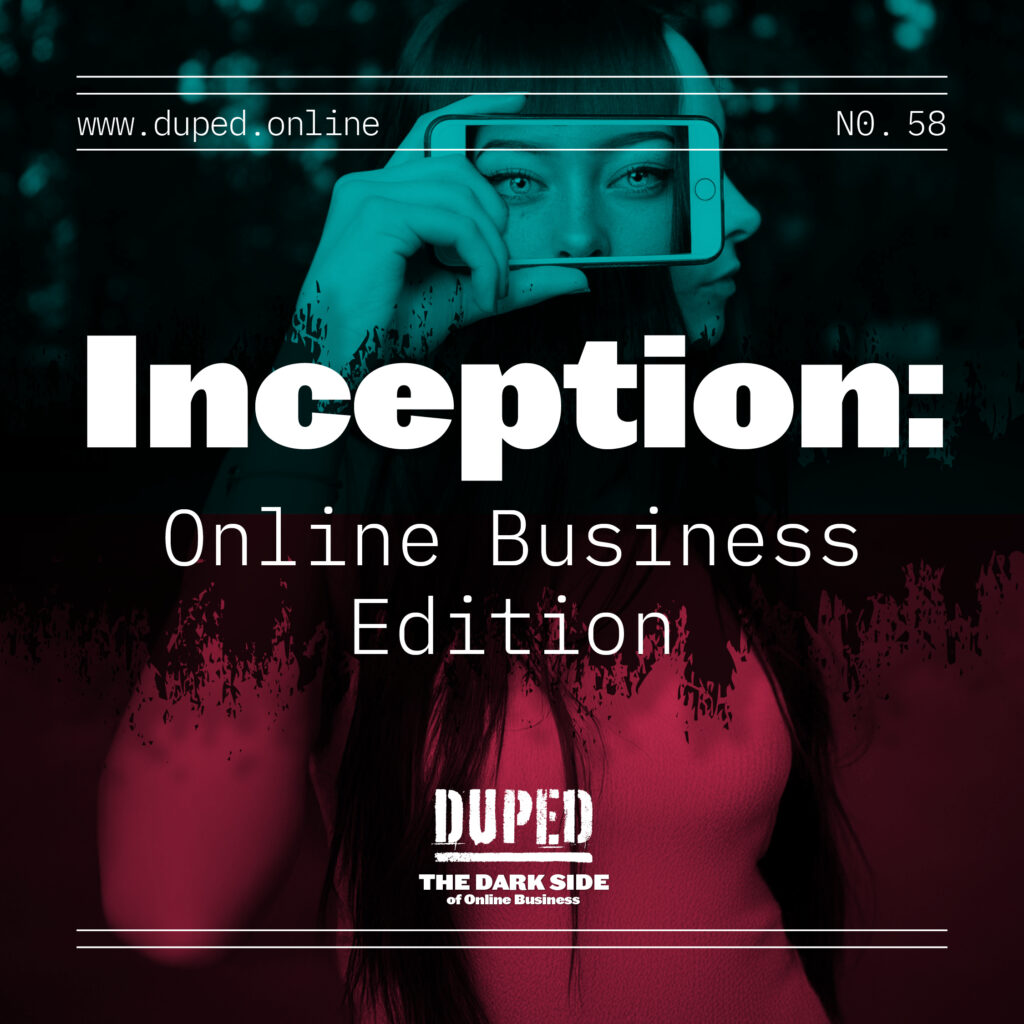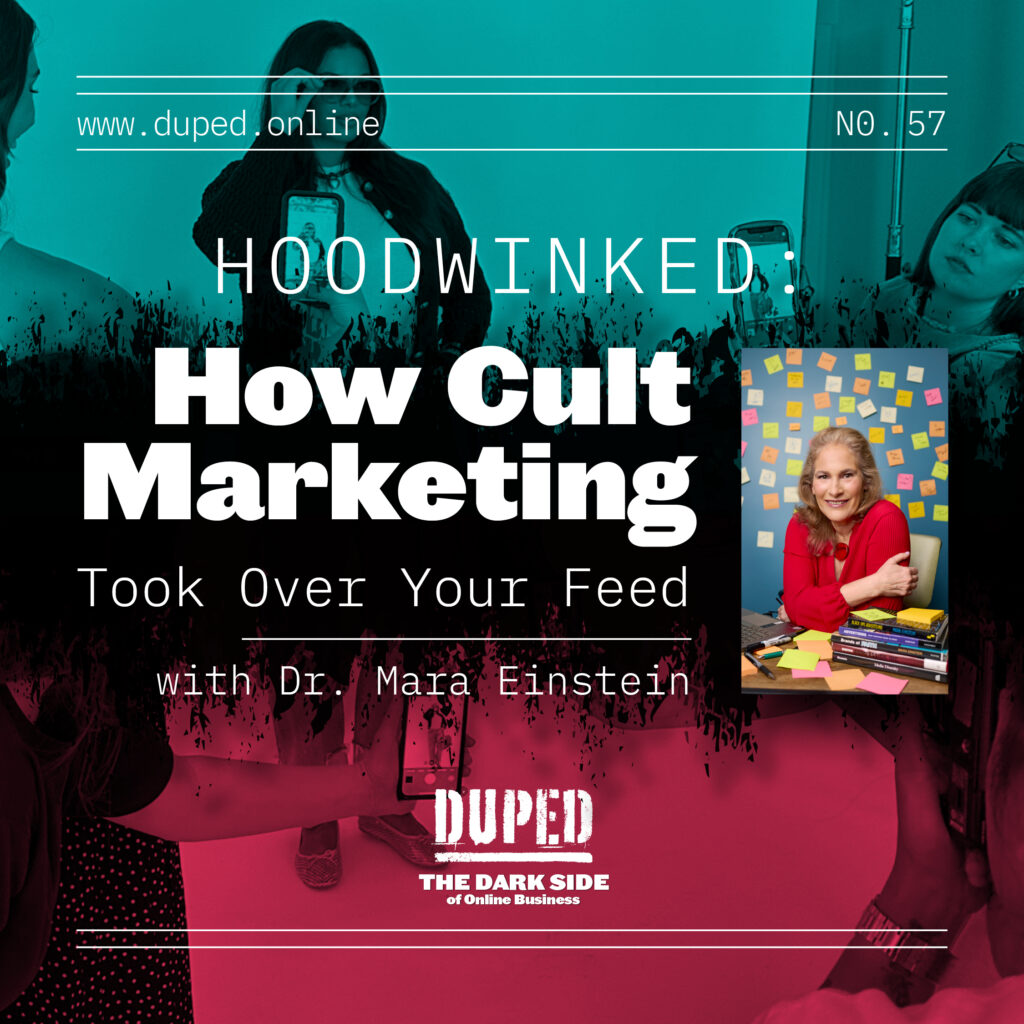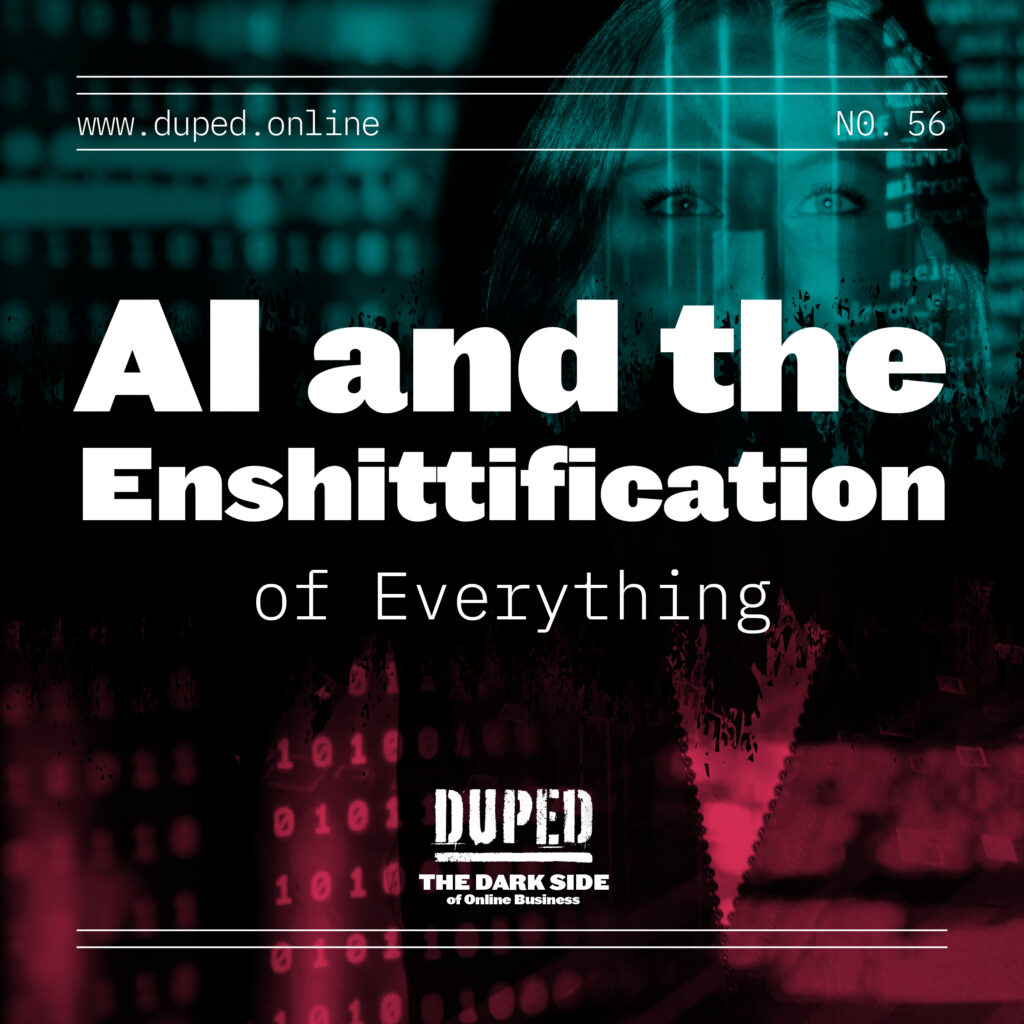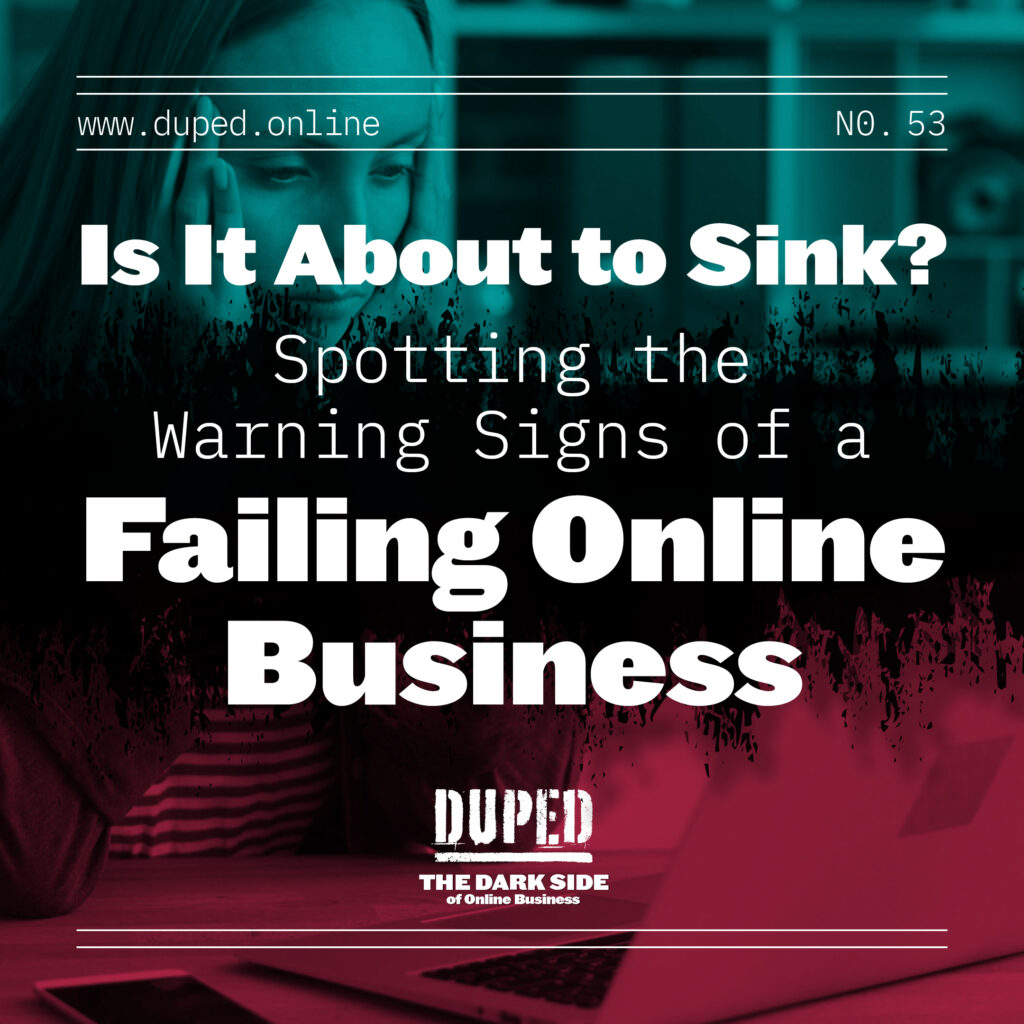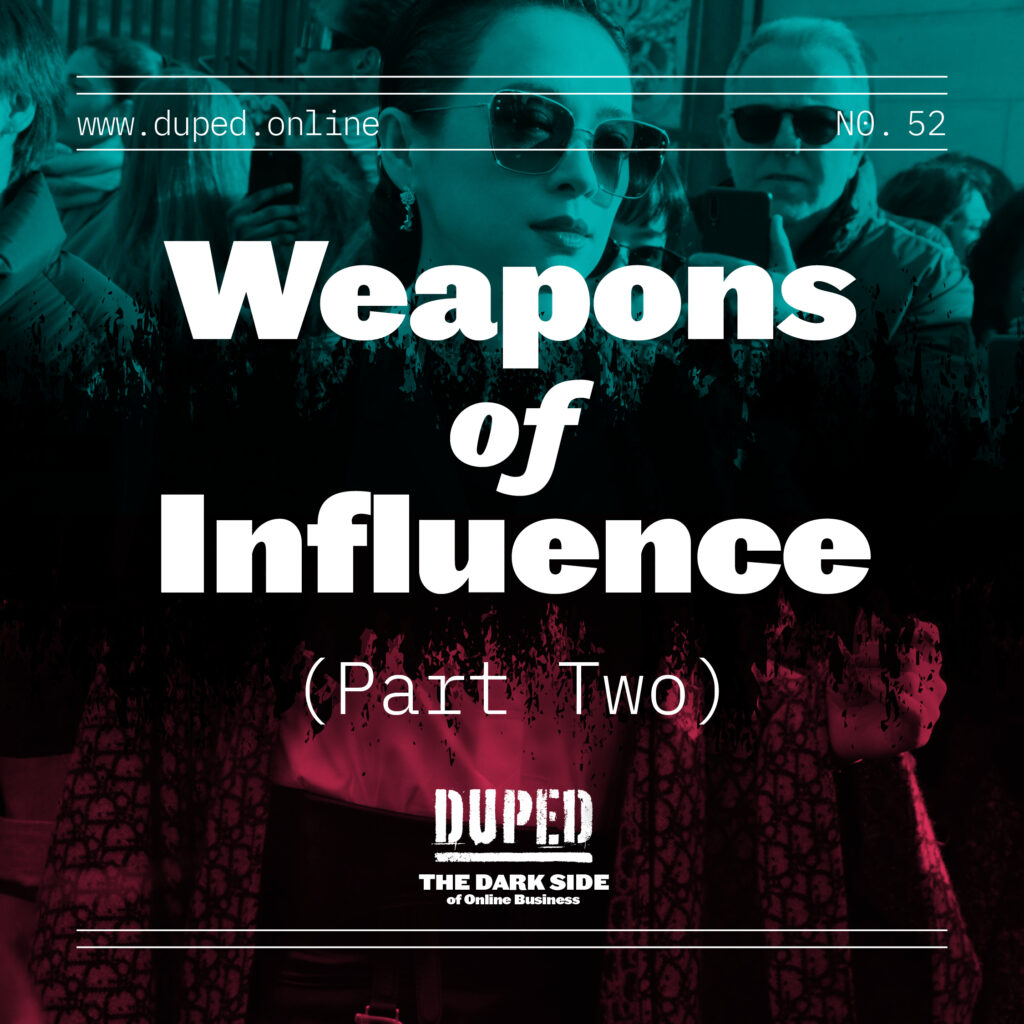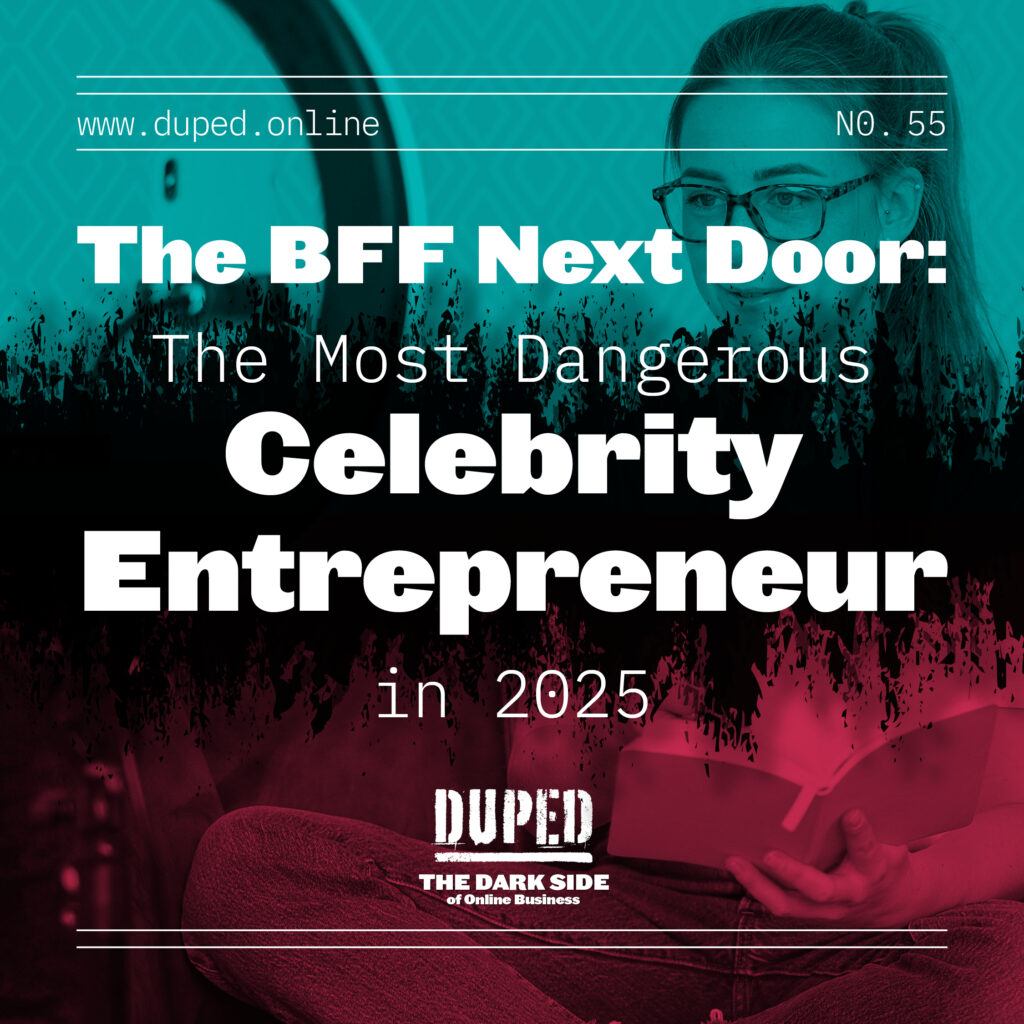
The BFF Next Door: The Most Dangerous Celebrity Entrepreneur in 2025
She wears hoodies. She cries on camera. She tells you she’s just like you, right before pitching her five-figure program.
This is the BFF Next Door archetype of the celebrity entrepreneur industrial complex, and in 2025, she’s not just thriving, she’s evolving.
But don’t let the cozy vibe and vulnerability posts fool you. This isn’t friendship. It’s marketing. And the BFF Next Door might be one of the most dangerous figures in the online business space.

Welcome to a fresh new season of Duped! Today, we’re diving into one of the most deceptively dangerous archetypes in the online business world: the BFF Next Door.
If you’re new here, you might think, “Wait, aren’t you just being cynical? She seems so nice!” And that’s the point. The entire business model hinges on her seeming like your trusted friend.
But this archetype is not only built for manipulation—it thrives on it.
Meet the BFF Next Door
The BFF Next Door is the soft-spoken, emotionally open, perfectly imperfect celebrity entrepreneur who makes you feel like you’re in her inner circle. She shares her wins and her wounds.
She’s “healing,” she’s “real,” and she’s always about to launch a new mastermind.
While this is only one of the celeb entrepreneur archetypes that Maggie created back in 2020, this one is particularly tricky.
Why? Her branding is casual but curated: messy bun, matcha in hand, emotional post about when she couldn’t pay rent—followed by an upsell to her signature method that changed her life.
She’s not a boss babe. She’s now the anti-boss babe. She’s the post-girlboss rebrand we’ve all been waiting for. She positions herself as softer, smarter, and more ethical than the “bro marketers,”…but that’s precisely what makes her so dangerous.
Why She’s So Damn Popular
In 2025, the BFF Next Door is everywhere. And it makes sense!
We’re burned out. We’re out of capacity. We’re tired of hustle culture. And she offers an escape hatch.
She sells you the dream of success without the burnout. Of sisterhood over strategy. Of ease.
But here’s the twist—her version of success is still aspirational. It’s just wrapped in a cozy blanket.
Her content isn’t private jets and Lambos. It’s morning routines, tearful voice notes, and “real talk” on the couch. But the subtext remains: “If you buy this offer, you can have this life too.”
It’s the same old online business promise, but dressed up in therapy-speak and the illusion of friendship.
The Parasocial Trap
Let’s talk about parasocial relationships. According to the Cleveland Clinic’s Dr. Adam Borland, “parasocial relationships are one-sided relationships or bonds with people you don’t know.”
And no one in the online business world exploits this like the BFF Next Door.
She’s not just building an audience, she’s building emotional intimacy. She wants you to feel like you know her. Like she sees you. Like you’re on a journey together.
That’s a powerful sales tool. Because when someone feels like a friend, you’re less likely to question them. Less likely to see the red flags.
You might think you’re buying a course or joining a community, but you’re buying access to someone you feel deeply connected to.And that makes it very hard to walk away when things start to feel off.
It’s worth noting that studies have shown that parasocial relationships can heighten the persuasive power of social media influencers by increasing their perceived credibility.
This means that the more you feel connected to the BFF Next Door, the more likely you are to trust and buy from her.
Why She’s More Dangerous Than the Obvious Scammers
We can all spot the online bros from a mile away. They’re loud. They’re flexing. They’re promising overnight success if you just follow their 10X blueprint.
But the BFF Next Door? She’s subtle. She disarms you with softness. She earns your trust through storytelling. And she makes you feel like opting out means letting a friend down.
She’s more dangerous because she seems like the ethical choice. She’s using “alignment” and “authenticity” to mask that she’s still selling overhyped, overpriced, and often under-delivered programs.
And because she’s built a brand on being trustworthy, no one wants to question her.
But here’s the truth: manipulating people through emotional intimacy is still manipulation. Even if you do it with soft lighting and a cozy voice.
Over the last few years, we’ve seen that BFF Next Door is great at evolving. She evolves just ahead of the backlash.
When the market tires of spiritual girlbosses, she rebrands as a data-driven CEO. She pivots to systems and structure when people start calling out manifesting culture.
She always stays on the edge of whatever feels relevant and safe. Which makes her even more challenging to pin down.
And let’s not ignore the company she keeps. She’ll claim to be different: ethical, trauma-informed, rooted in integrity. But then she turns around and speaks at the same events, joins the same masterminds, and partners with the same people we know are problematic.
It’s like she’s saying, “I’m not like them,” while cashing in on the same ecosystem.
Red Flags and What to Watch For
So how do you protect yourself? Here are some red flags to keep in mind:
- You feel emotionally bonded to someone you’ve never met.
- You’re buying because of who they are, not what the offer delivers.
- Their storytelling focuses heavily on trauma or struggle but glosses over details of how they help clients.
- Their testimonials are vague and vibe-based, with no clear outcomes.
- They subtly guilt-trip people who don’t buy (“I used to be afraid to invest too, but then I healed that money wound…”).
Gut check: Do you feel pressure to buy to stay close to them? That’s not friendship. That’s a scam.
Join the

Patreon

for only $7/month and get a
monthly bonus episode,
behind-the-scenes content
and more.
